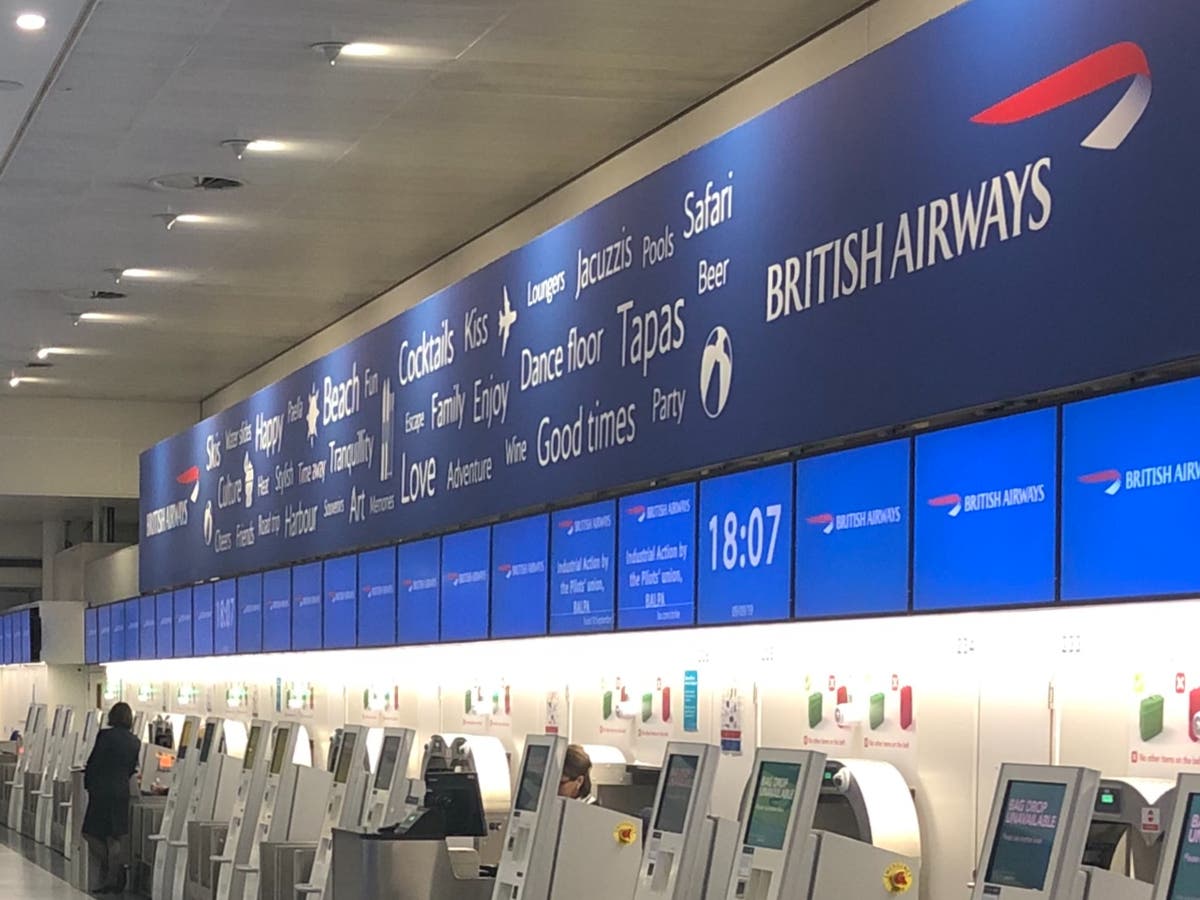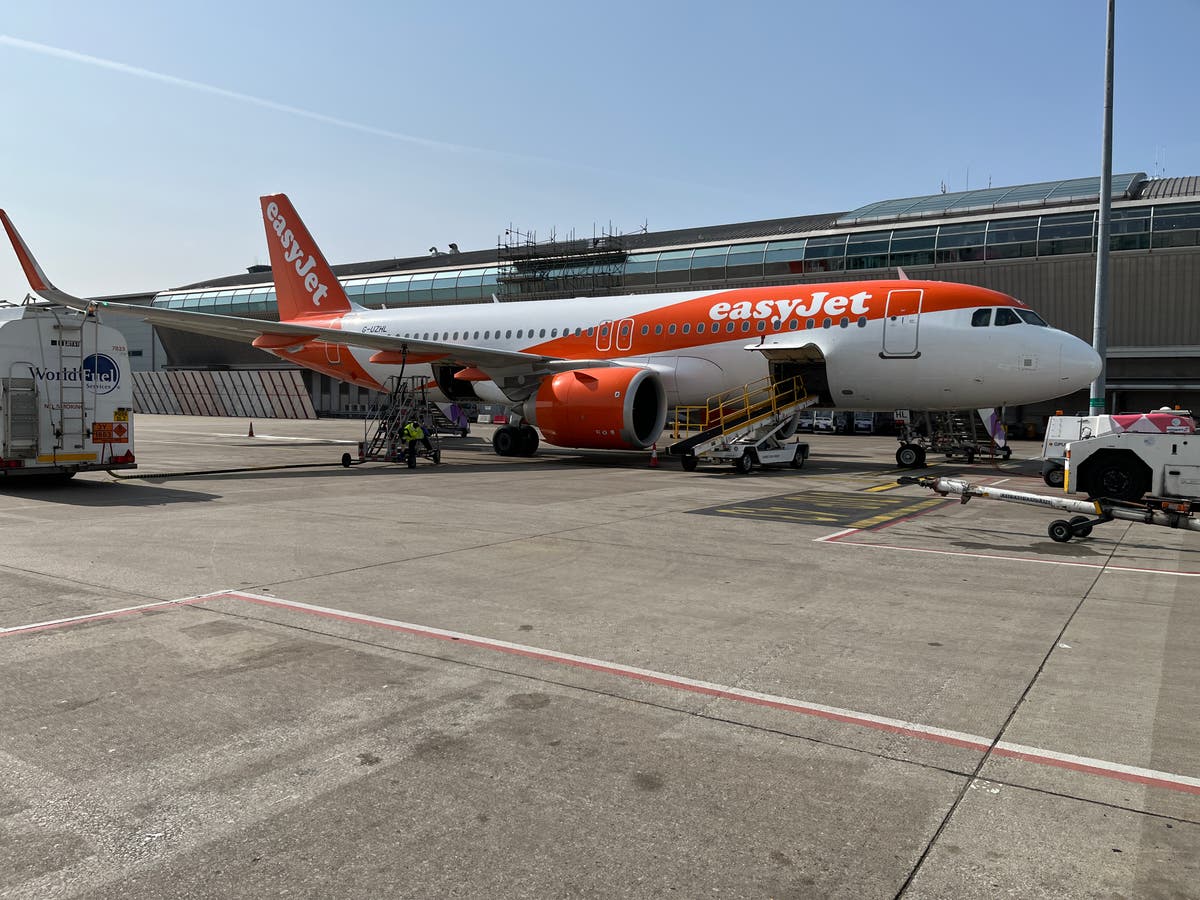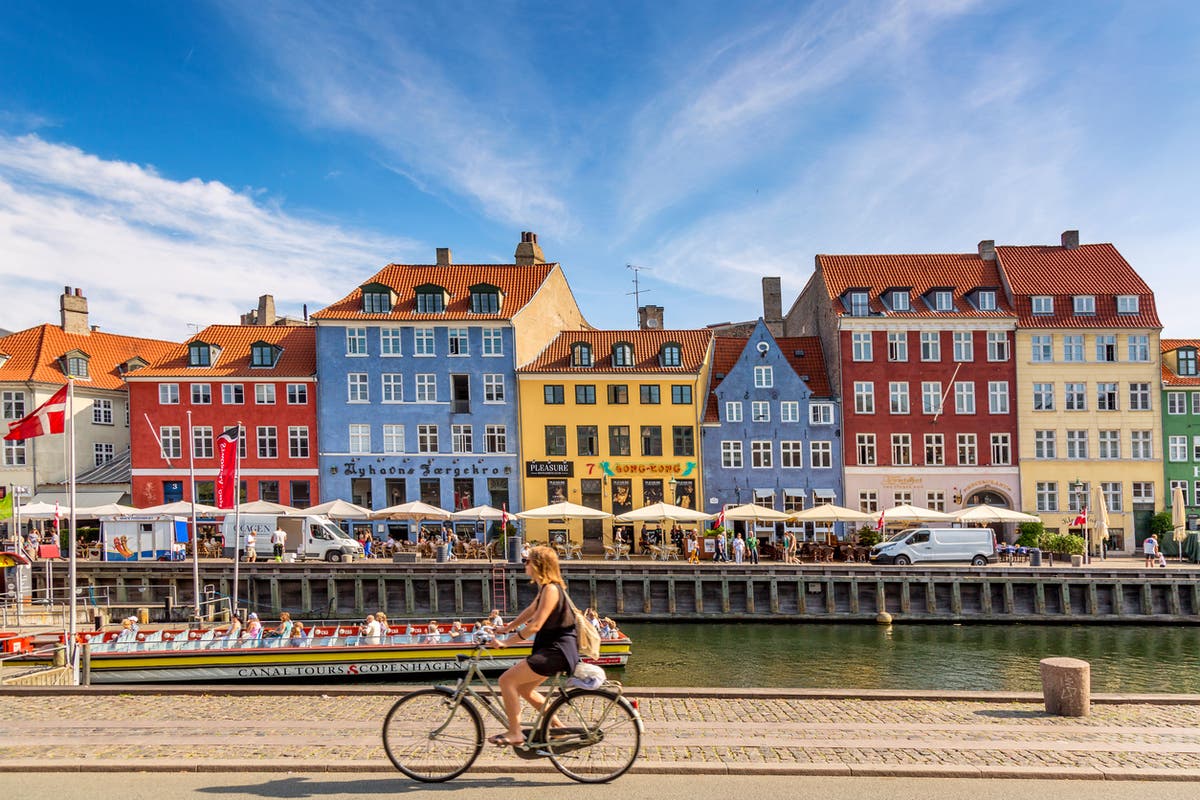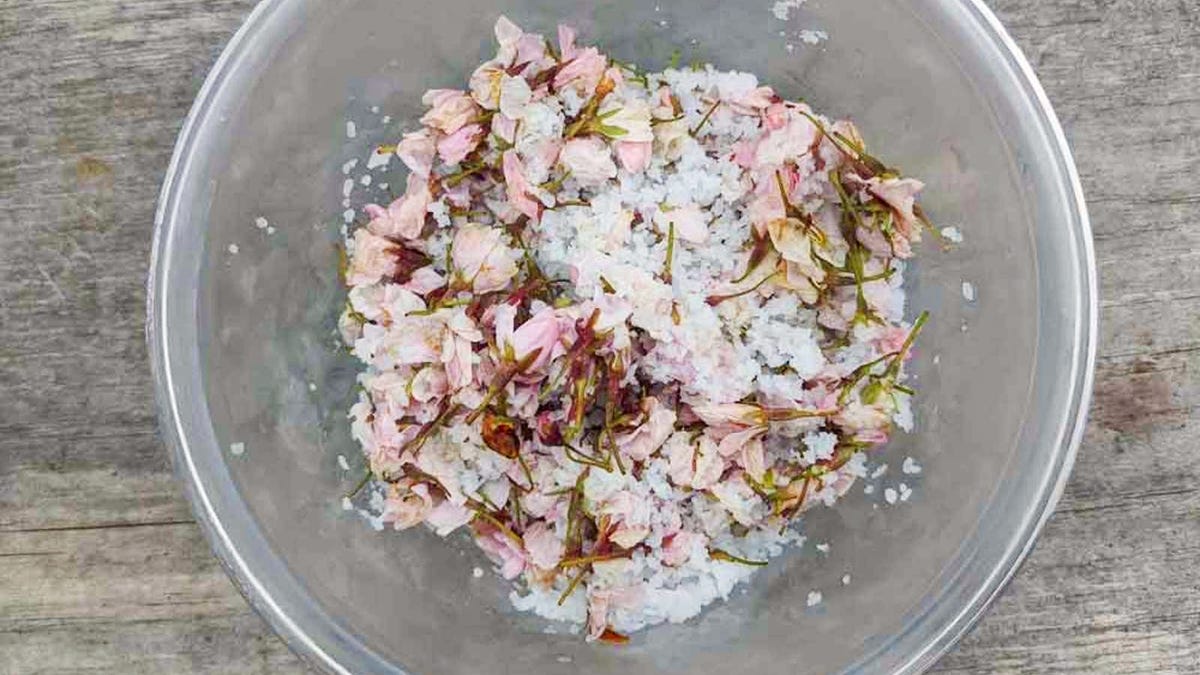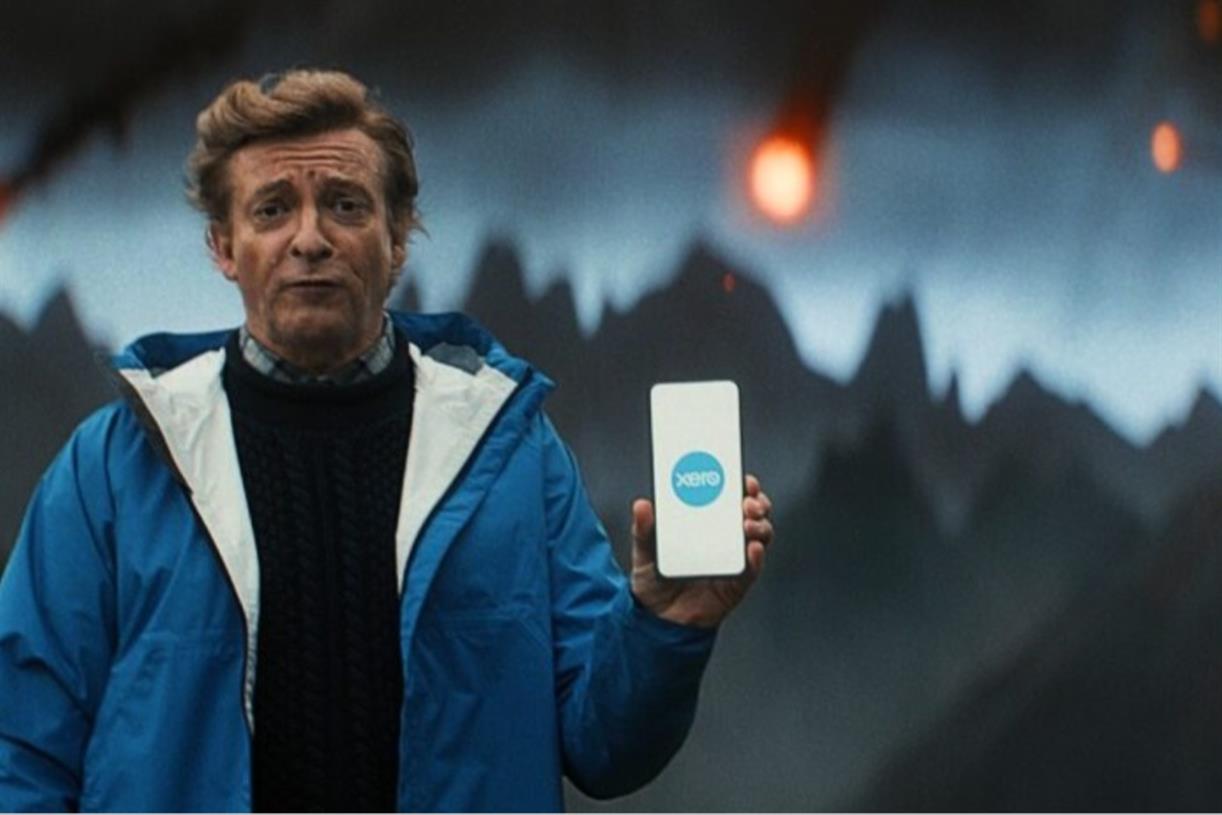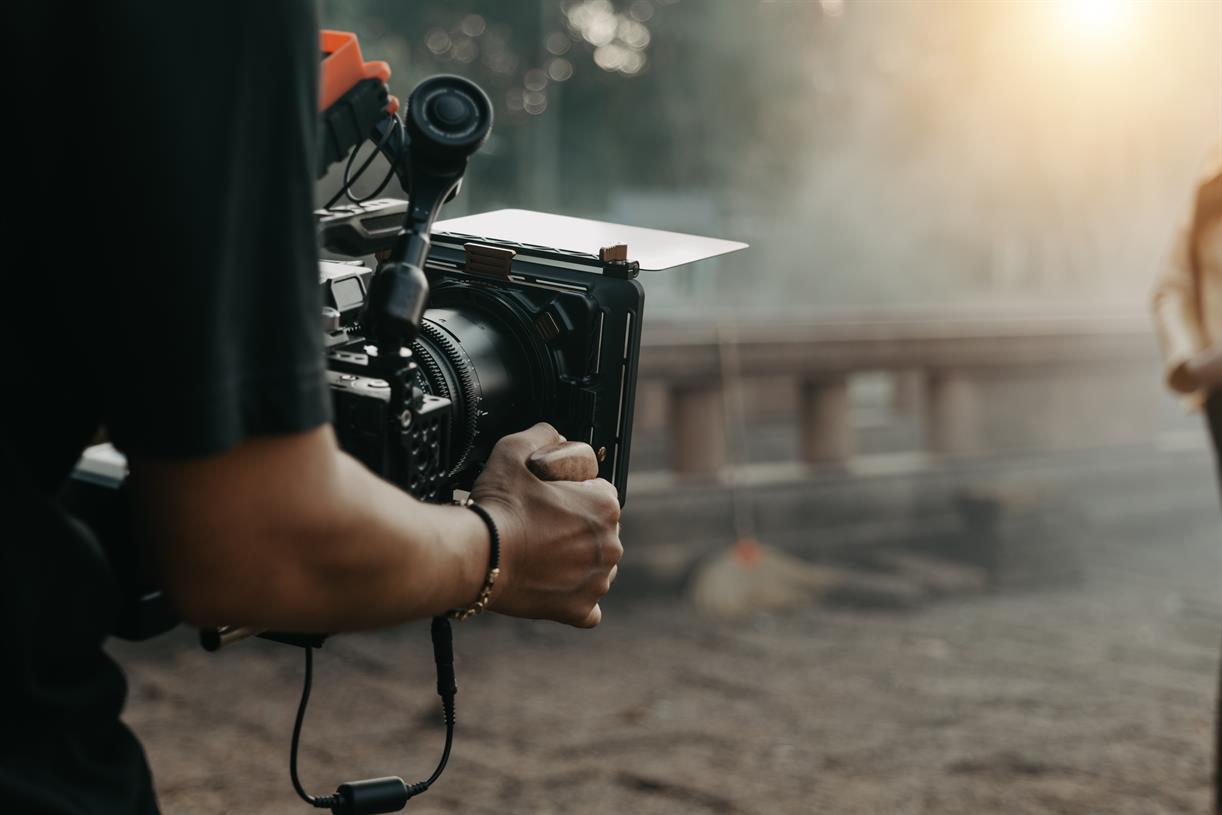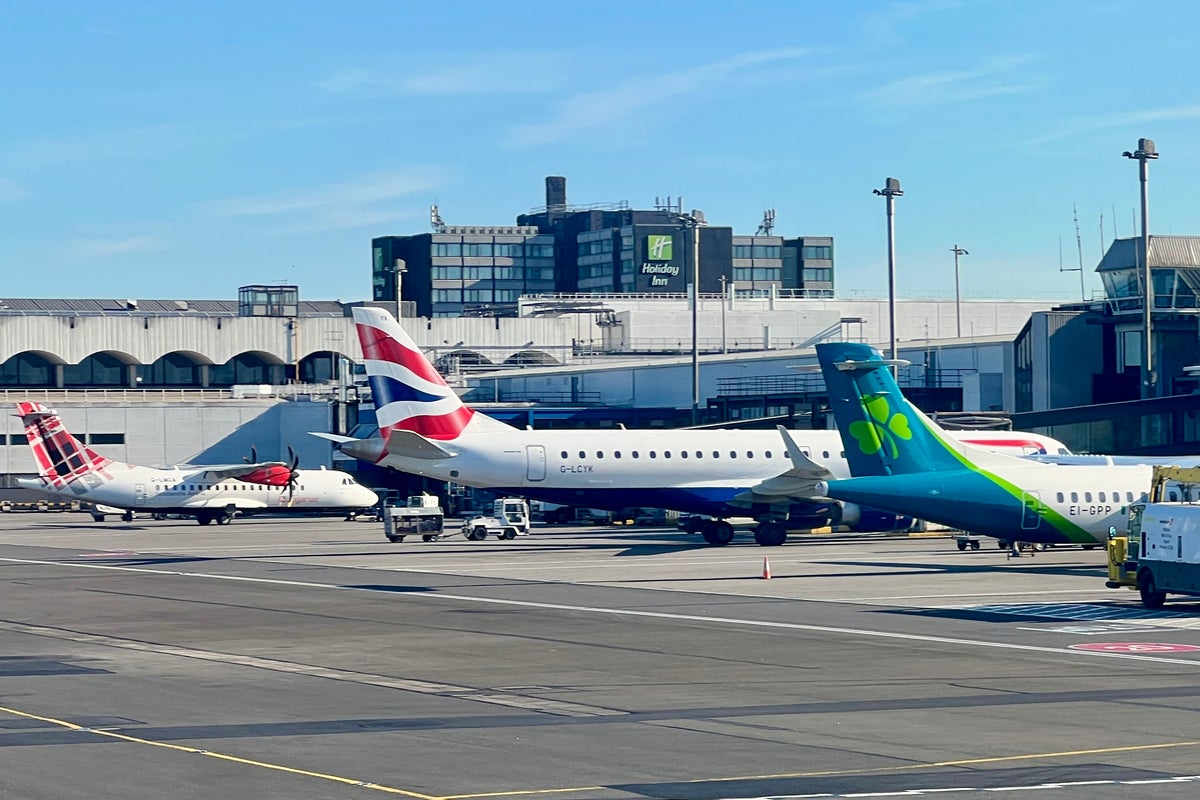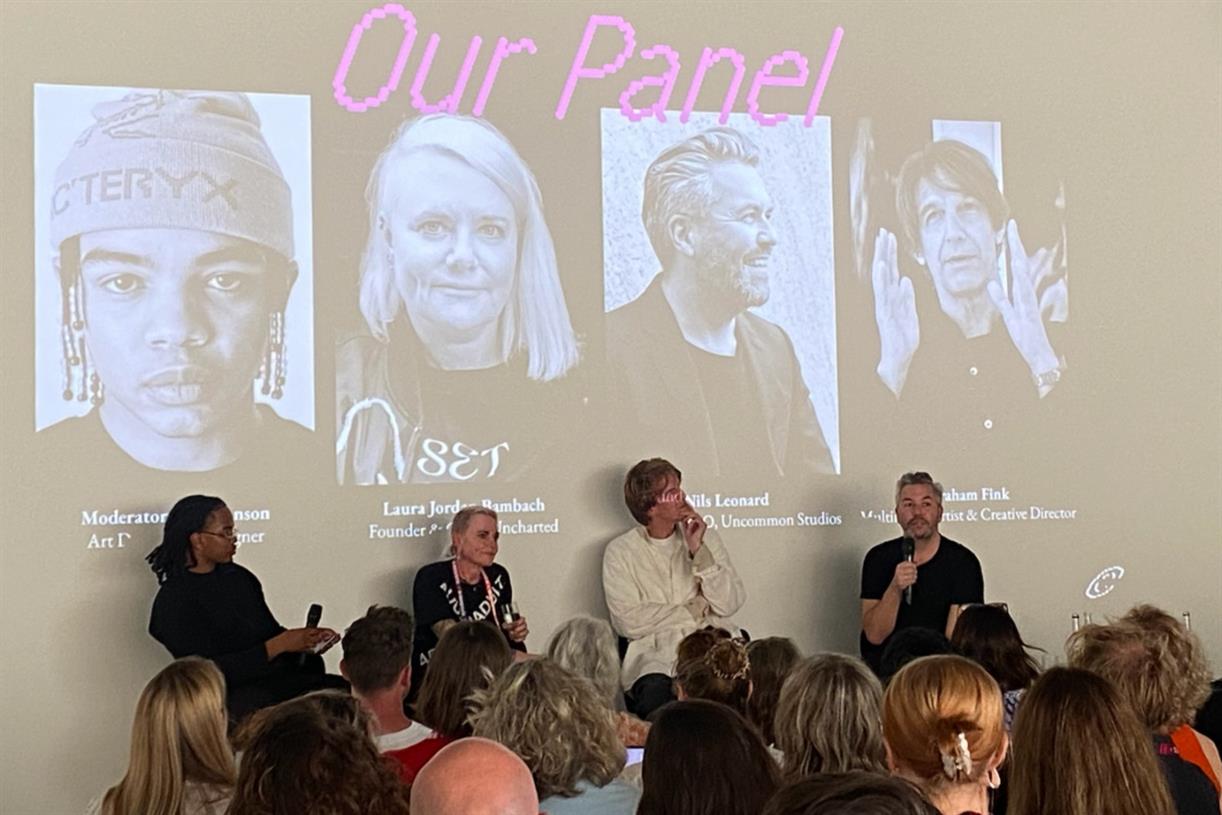Quarter of holidaymakers come home to a disaster at home
Other issues included food going mouldy after forgetting to clear out the fridge, failing to put the bins out, and not remembering to cancel a delivery subscription
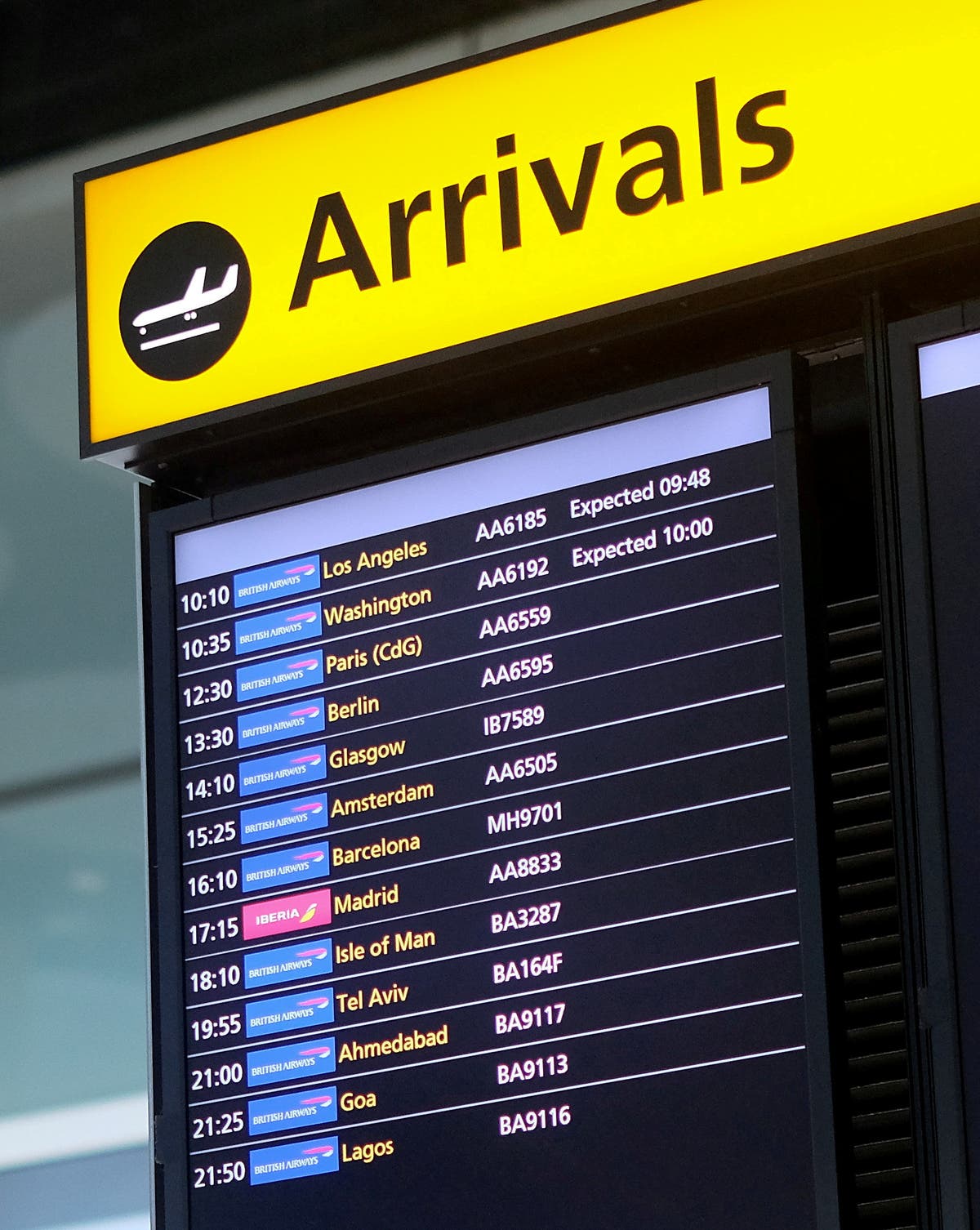
Sign up to Simon Calder’s free travel email for expert advice and money-saving discounts
Get Simon Calder’s Travel email
A quarter of holidaymakers have come home to a disaster, such as a flooded house, stolen packages and for 18 per cent - the home burgled.
A poll of 2,000 adults who’ve been away in the last five years found 15 per cent had their garage broken into while away.
Other issues included food going mouldy after forgetting to clear out the fridge, failing to put the bins out and not remembering to cancel a delivery subscription.
As a result, 78 per cent wish they had something or someone to check on their home when they’re not there.
Dave Ward, managing director UK, EU & International at Ring, which commissioned the research, said: “Having an extra layer of security at home when you go away on holiday can help give worried or anxious travellers added peace of mind.
"Investing in smart home security allows holidaymakers to check in on their home while away.”
The study also found 38 per cent of those polled take extra security measures in their home before going away travelling.
More than a fifth (21 per cent) feel nervous leaving their place unattended, and 14 per cent feel they would struggle to go away for longer than a week.
On average, people would start to fret about the contents of their home after five-and-a-half days away.
And 38 per cent currently have a smart security device with a camera installed at home, with 15 per cent of these explaining they check them frequently.
When travelling, the top concern adults have is forgetting something important at home (33 per cent) followed by the weather wherever they’re headed (27 per cent).
But 22 per cent stress about forgetting their passport, with home break-ins fourth on the list (also 22 per cent).
However, 35 per cent even claim the stress of getting ready for a holiday puts them off taking time away, according to the OnePoll.com figures.
Paul McKenna, hypnotist and international best-selling author, who worked with Ring on the campaign said: “Travel anxiety is a common fear that people have – often relating to being away from your home.
“There are several behavioural techniques people can use on themselves or even loved ones to manage anxiety - either ahead of travelling or whilst travelling."
Travel anxiety tips from Paul McKenna:
1. Recalibrate emotional intelligence by focusing on positive and negative feelings.
Place your hands in front of you with palms facing up, focus on the anger that’s bothering you and ask yourself what that feeling would wish to say to you. Hold that feeling in your left hand and get in touch with it.
Once you have that feeling, think of the opposite feeling; notice how it feels and place it your right hand.
Move your attention a few inches above your head and experience both feelings at the same time, your emotional system will work to re-calibrate to experience the difficult emotion at a lower level as it re-integrates into your emotional intelligence.
2. Relax your system and tune into your body.
Read thoroughly before attempting; not to be tried when driving or operating machinery.
To relax the body and the mind and rid oneself of pre-travel anxiety, repeat the below to yourself in a drowsy, tired but comfortable voice; pause to notice your feelings.
Close your eyes and take a deep breath, feel as though you are letting go of pre-travel stress you exhale and tell yourself: “Now I relax my eyes”, “Now I relax my jaw”, “Now I relax my tongue”, “Now I relax my shoulders”, “Now I relax my arms”, “Now I relax my hands”, “Now I relax my chest”, “Now I relax my stomach”, “Now I relax my thighs”, “Now I relax my calves”, “Now I relax my feet”, “Now I relax my mind”.
Repeat if necessary.
3. Float into being more relaxed.
Imagine how you would look if you were twice as relaxed as you are feeling now, imagine floating into that relaxed ‘you’ - see yourself through your relaxed self, hear how it sounds, feel how it feels.
From this place, imagine how you would look if you were twice as relaxed again; imagine floating into that relaxed ‘you’ - see yourself through your relaxed self, hear how it sounds, feel how it feels.
From this place, imagine how you would look if you were twice as relaxed once again; imagine floating into that relaxed ‘you’ - see yourself through your relaxed self, hear how it sounds, feel how it feels.
4. Tune into your body from your head to your heart.
Become aware you’re experiencing a stressful feeling; put your hand on your heart and focus in on this area and take three gentle breaths.
Think of a time when you felt good and return to how that memory made you feel and the senses you were aware of.
Imagine your heart speaking to you, asking how you can take better care of yourself; listen to your heart’s answer and act on it when you can.
5. Soothe yourself using a combination of imagination and physical touch.
Pay attention to the stress or anxiety you are feeling and wish to reduce and notice how stressful it is on a scale of one (least powerful) to 10 (most powerful).
Clear your mind or think of something nice. Stroke your forehead and your face cheeks repeatedly.
Then using your hands stroke from the top of your shoulder down to your elbows; as you are doing this imagine walking on a beautiful beach, with each footstep in the sand could out loud from one to 20.
Continuing to stroke your arms, imagine you are walking outside in a beautiful garden with each footstep you take on the grass count out loud from one to 20.
Tune into your body and ask yourself how you are feeling on the scale of one to 10.
Top holiday mishaps:

 UsenB
UsenB 







